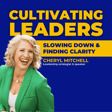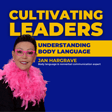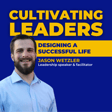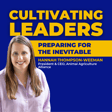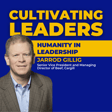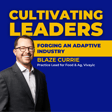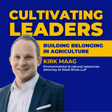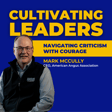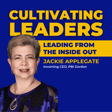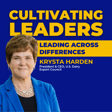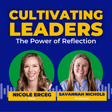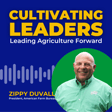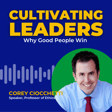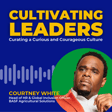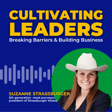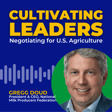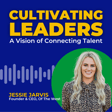
Empowering Tough Conversations with Ashley Collins
There is power in navigating high-stakes and emotionally charged conversations with clarity, confidence and humanity
Ashley Collins, CEO of the North Carolina Peanut Growers Association, joins The Cultivating Leaders Podcast to break down why honest dialogue matters. She provides tools so leaders can prepare, respond and grow through high-stakes conversations. With experience leading growers, navigating board dynamics and shaping conversations across agriculture, Ashley brings a grounded and practical perspective to those conversations we often avoid.
Ashley explores:
- Preparing with purpose: how to think through your intent, plan your words and choose the right environment before a tough conversation begins.
- Staying composed: when the stakes get high, she has the tools for pausing, asking better questions and prioritizing psychological.
- Leading dialogue in agriculture: why family legacies, tradition and generational change make crucial conversations essential.
This episode challenges you to rethink how you show up in tension, grow your communication skillset and lead people forward even when the conversation gets uncomfortable.
Want to hear more from Ashley? Check out her blog here!
Connect with Ashley
- Connect on LinkedIn
- Follow NC Peanut on Instagram
- Follow NC Peanut on Facebook
- Visit NC Peanut’s website
Connect with AFA
- Follow us on LinkedIn
- Follow us on Instagram
- Like us on Facebook
- Follow us on TikTok
- Visit our Website
About The Cultivating Leaders Podcast
Real stories. Practical advice. Tangible growth. Join The Cultivating Leaders Podcast, brought to you by Agriculture Future of America, as we explore what it takes to lead in food, agriculture, and beyond. Whether you’re just starting out or leading at the highest level, this podcast is your go-to resource for leadership that matters. Listen now and start cultivating your leadership journey.
Don’t forget to follow/subscribe so you never miss another episode!

